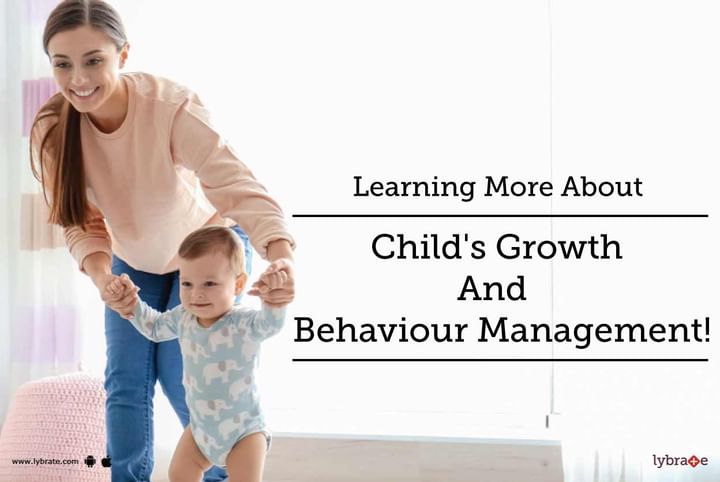Learning More About Child's Growth And Behaviour Management!
The behavior of a child should always be closely monitored during his/her early development. Sometimes signs of several personality disorders tend to show up early in life. Proper monitoring of the child's behavior helps to identify the signs and properly diagnose the condition if the child is suffering from any potential personality disorder. Here are a few facts you should keep in mind:
1. You might often find it difficult to differentiate between the normal and abnormal behavior of your child. You might consult the pediatrician, in this case, to compare the child's general behavioral patterns with that of other children in the same age group.
2. It is very important to understand your child's development process. It helps you to interpret his/her behavior and to identify signs of personality disorder.
3. There are a few common behavior patterns which tend to act as a guide to understanding the behavior of your child. Some of these patterns should be encouraged as they lead to proper behavioral development of your child while patterns of negative behavior should be discouraged.
4. You should also consult a doctor if your child shows negative behavior persistently even after disciplining measures.
5. Being polite, doing chores on a regular basis, the following instructions should be encouraged and rewarded as it helps in the proper personality development of your child.
6. Behavioral patterns like an inclination towards defensive, regressive and aggressive behavior should not be encouraged but can be tolerated in certain situations like illness or in times of stress.
7. Behavioral patterns like an increased inclination to violence or an excessive competitive attitude towards their siblings should never be allowed.
8. Prejudice or racism, stealing or inclination towards substance abuse, angry outbursts point towards problems in the child's mental, physical or social well-being. You are also advised to take your child to a psychological expert to find out whether he/she is suffering from any sort of behavioral disorder.
9. Your behavior also plays a major role in the development of your child and his/her behavioral patterns. It is often seen that if a child is subjected to excessive physical, mental or emotional abuse or is engaged in too many curricular and extra-curricular activities, he/she is likely to develop several behavioral disorders over time.



+1.svg)
